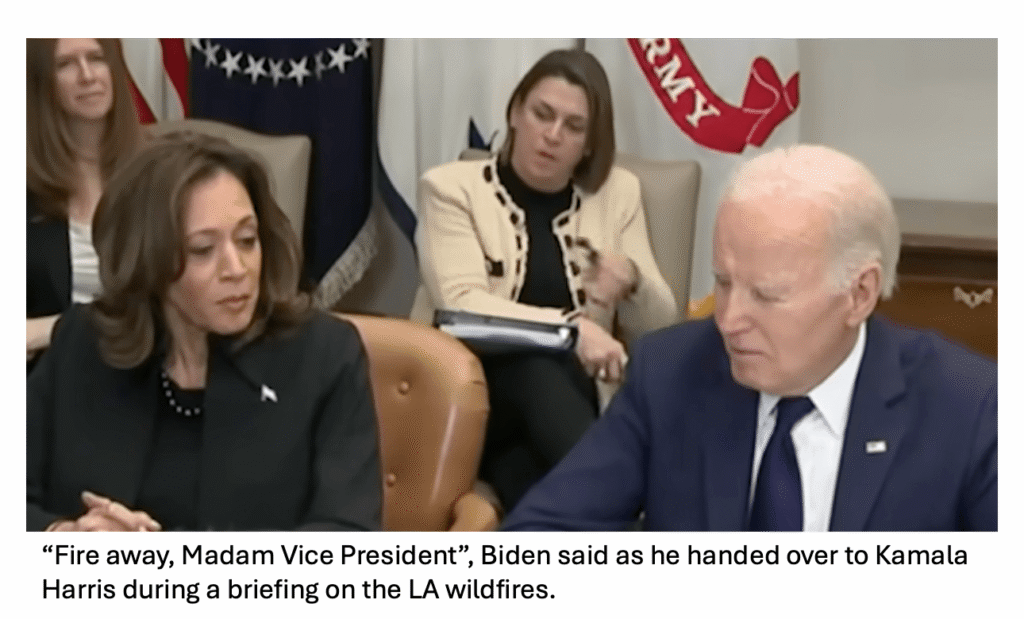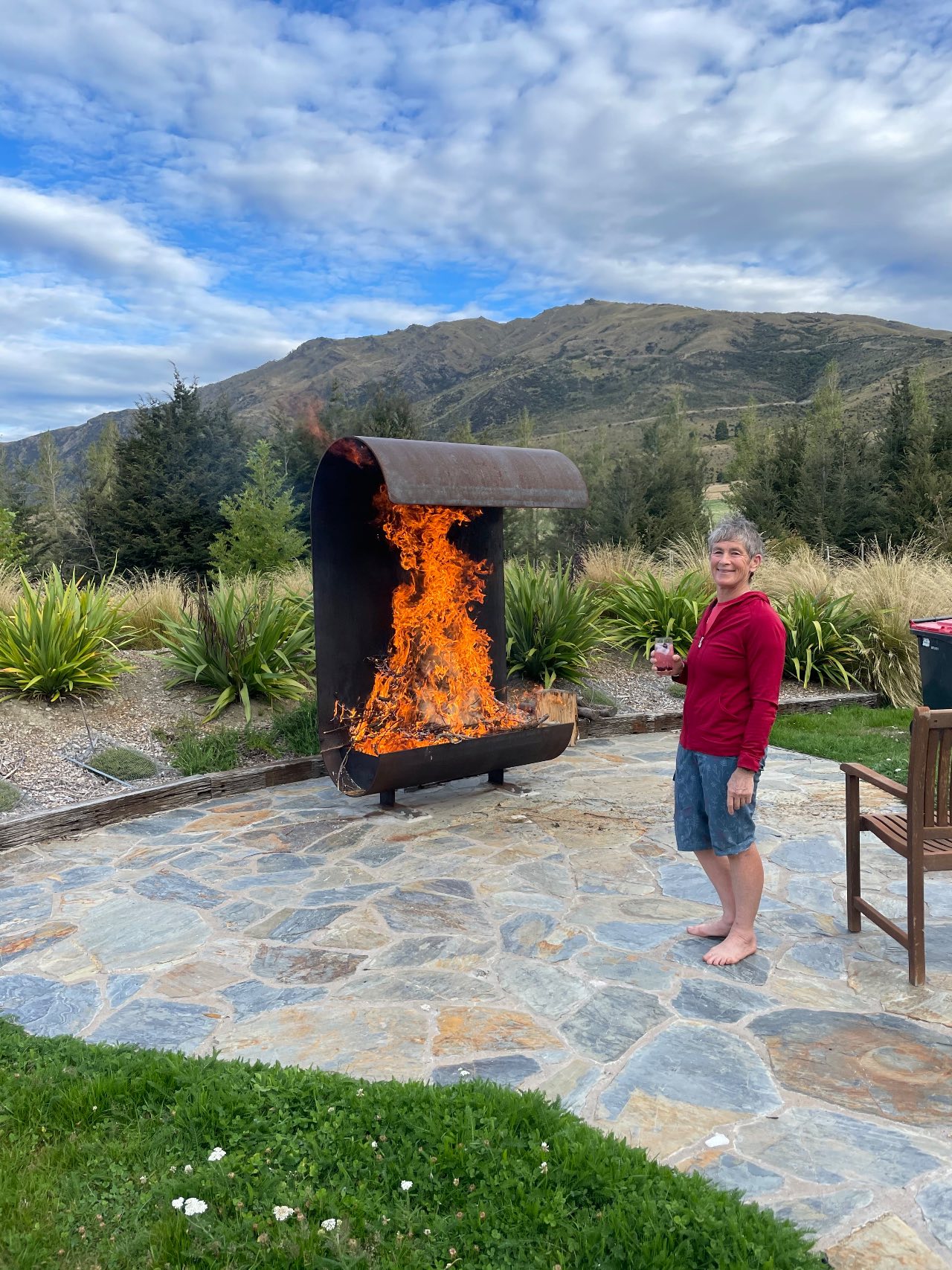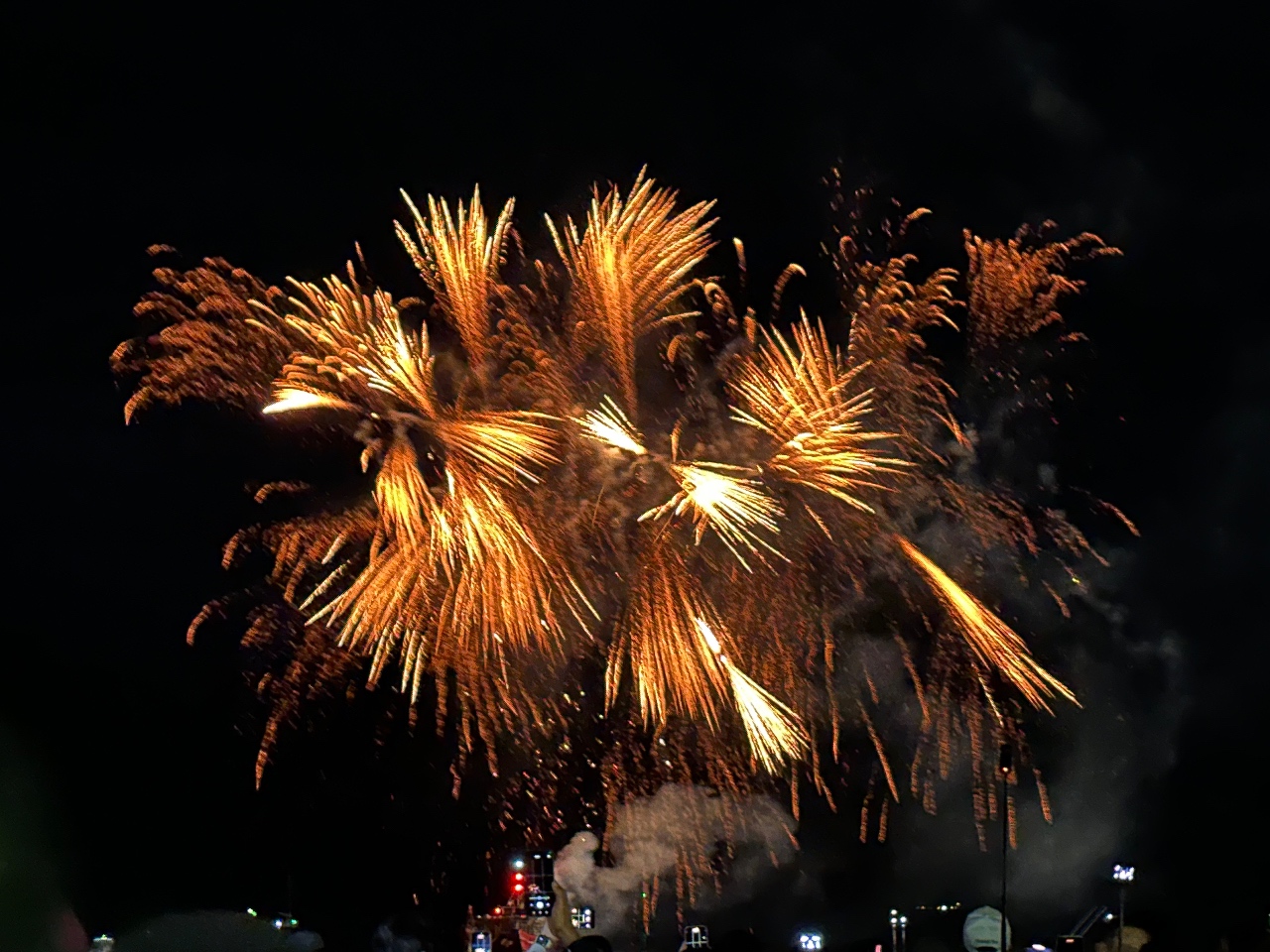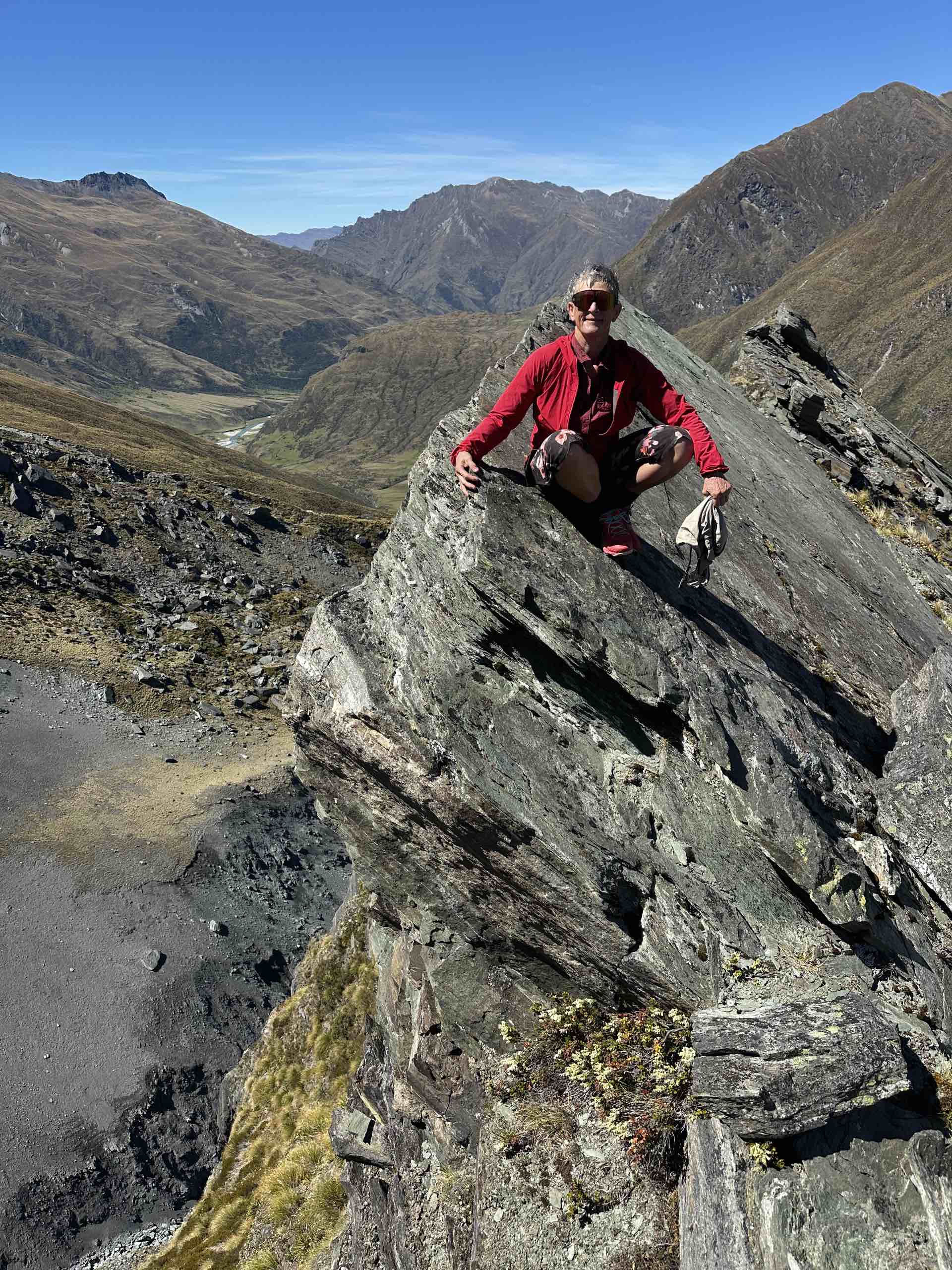Who doesn’t love a good fire? This fireplace, however, was in the dog box for a long time after leftover embers started a fire on a snowy day when the wind unexpectedly picked up. We were lucky – neighbours taking their rubbish out saw the smoke, alerted the fire brigade and controlled the flames. By the time we got home from our chilly mountain bike ride, the fire brigade was in full swing and the silver tussock around the fireplace was charred wisps. We learned a lesson and now have less flammable flax close to the fire, as well as a strict rule on soaking the embers before going to bed.
There won’t be many people in Los Angeles thinking they love fire right now. At least 12,000 structures have burned and 27 people have died. This event is one of the most notable climate change-driven disasters in the western world of late, but will anything change as a result? That’s what I’ve been wondering as the rhetoric around rebuilding starts before the fires are even contained.
Anyone who has lived through a destructive event like a fire, an earthquake, or a hurricane, recognises the stages in the process. First off, you’re surviving. However, it’s not long before people want a path back to normality – the cries of, ‘We will rebuild!’ rise. It’s estimated $250 billion worth of infrastructure has burned in LA. But should people rebuild? Should they rebuild in a place that will suffer the same set of events again – drought, low humidity, very strong and dry winds?
The systems we have to make major decisions cope poorly with the need for sudden change at scale – our systems and behaviours are about preserving the status quo or incremental change. I have been thinking about some of these in relation to our Canterbury earthquake experience.
Insurance…one of the few existing systems that could significantly alter choice about where we live in relation to climate change. People need to take out loans to buy houses…banks require insurance to give loans…no insurance, no loans, fewer house sales, lower house prices, people moving to less risky areas. Except it hasn’t happened yet.
You would think the LA fires might crater the ability to get insurance in LA. However, the State of California has just ruled insurance companies must roll over insurance policies. California also has a cap on how much insurance companies can charge, so companies can’t fully factor risk into their policies. Maybe insurance companies will go broke in the process of paying out for the fires and take themselves out of the market?
New Zealand is not so different from California. Here, our government is considering providing insurance to people where insurers won’t insure. Is that a sensible pathway forward? Knowingly allowing people to maintain homes as well as build new ones in risky areas?
Land zoning…land can be zoned such that it cannot be built on. The red zone was created after the Canterbury earthquakes here. It was a slow and painful process, in part because people don’t want their house/land identified as a place you can’t build. They want to stay where they are and keep their monetary value. After the earthquakes, people were thrilled if they were zoned orange (damaged land requiring special foundations) and they could stay; later many wished they’d been zoned red as their rebuild took many years and huge amounts of money.
Land zoning could also require building in different ways in fire-prone areas – minimising planting of vegetation that can burn; maximising roads as escape paths and fire breaks; building with fire-resistant materials; having sprinkler systems; building apartments rather than standalone houses, thus increasing density and avoiding areas of fire danger while minimising infrastructure needing protection. However, the State of California is already trying to make it easier for people to rebuild rapidly rather than differently. 44 million houses in the USA are in areas prone to wildfire. If things don’t change, the same things will happen – parts of Malibu have been burned and rebuilt multiple times.
Rebuilding of structures…stating ‘we will rebuild’ is a cry of hope, of determination. It’s also something we know we can do, build infrastructure. However, there is no infinite capacity to build – construction materials, labour, energy, are all limited. Simplistically, if you are rebuilding houses which used to exist, there are other new houses, or schools, or hospitals, or something else you aren’t building.
New Zealand has experienced the same scenario of rebuilding after the Canterbury Earthquakes, the Kaikoura Earthquakes, Cyclone Gabrielle. We are still trying to get back to ‘where we were before’. What happens when there are constant disasters and you can’t catch up? When large portions of your country’s income are dedicated to rebuilding rather than education, or health, or social security?
Flight of jobs…people want to live places because of familiarity, community, and jobs. What say the jobs move? Businesses that lease premises might not want to wait for rebuilds – they need to keep operating. Will communities plan to rebuild houses while workplaces take flight, then people find there is no employment?
It doesn’t take much stretching of the imagination to see burned LA communities being rebuilt in the same places, just like they were before, then burning again in the future.
If Los Angeles…California…the USA…the developed world don’t change their behaviour as the result of the LA fires, will anything ever change?

Discover more from Jane Shearer
Subscribe to get the latest posts sent to your email.




